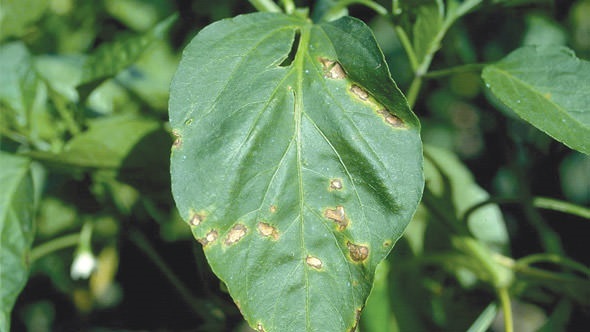Is One Way of Farming Better than Another? The Omnivore’s Delusion
It is funny how your perceptions and views change over the years. I have been writing editorials like these for 20 years now during my time as Editor of Florida Grower and our sister publication Cotton Grower. I found over time my view of things has broadened. When it comes to farming, I am more open to exploring alternative approaches as well but would never claim one form is superior to another.
That’s why an article floating around on social media recently caught my eye. It was authored by Blake Hurst, a farmer from Missouri. The article was written in 2009 but resonated as particularly relevant today in a time when there seem to be so many Facebook experts and self-appointed doctors out there.
Hurst’s article chronicled his experience on a plane hearing someone who had recently read Michael Pollan’s “Omnivore’s Dilemma.” The book paints the picture of a utopia returning agriculture to its roots, so to speak, before mod-ern technology and practices took hold.
Upon reading the book, this airline passenger was suddenly an expert on the “right” way to feed and clothe the world.
Mr. Hurst had a belly full and penned his article. Of the passenger he noted: “Now we have to listen to self-appointed experts on airplanes frightening their seat mates about the profession I have practiced for more than 30 years. I’d had enough. I turned around and politely told the lecturer that he ought not believe everything he reads.
“He quieted and asked me what kind of farming I do. I told him, and when he asked if I used organic farming, I said no, and left it at that. I didn’t answer with the first thought that came to mind, which is simply this: I deal in the real world, not superstitions, and unless the consumer absolutely forces my hand, I am about as likely to adopt organic methods as the Wall Street Journal is to publish their next edition by setting the type by hand.
“He was a businessman, and I’m sure spends his days with spreadsheets, projections, and marketing studies. He hasn’t used a slide rule in his career and wouldn’t make projections with tea leaves or soothsayers. He does not blame witchcraft for a bad quarter or expect the factory that makes his product to use steam power instead of electricity, or horses and wagons to deliver his products instead of trucks and trains. But he expects me to farm like my grandfather, and not incidentally, I suppose, to live like him as well.
“He thinks farmers are too stupid to farm sustainably, too cruel to treat their animals well, and too careless to worry about their communities, their health, and their families. I would not presume to criticize his car, or the size of his house, or the way he runs his business. But he is an expert about me, on the strength of one book, and is sharing that expertise with captive audiences every time he gets the chance. Enough, enough, enough.”
Hurst goes on in his article to pick apart Pollan’s simplistic view of how farming should be practiced. And how Pollan’s way is not sustainable at all and in many ways worse for the planet and mankind than modern agriculture practices, assuming you want to feed and clothe everyone here.
Modern agriculture has done more to lift up humanity than any other technology. Kudos to Mr. Blake Hurst for explaining that so well.









